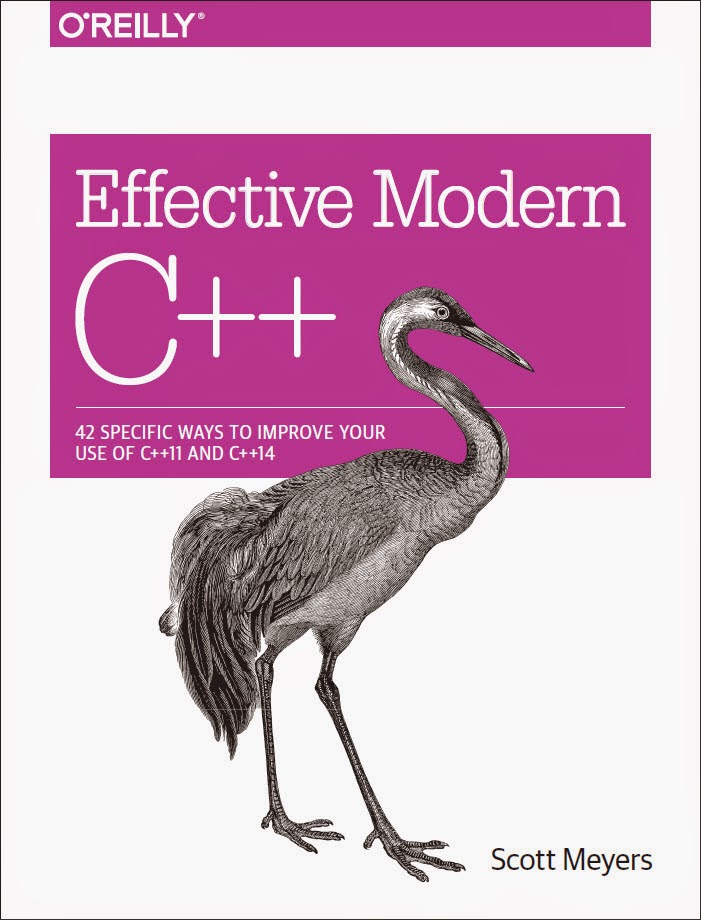Erasing the Concrete -- K-ballo
Have you heard of "type erasure"?
Erasing the Concrete
by K-ballo
From the article:
Type erasure is any technique in which a single type can be used to represent a wide variety of types that share a common interface. In the C++ lands, the term type-erasure is strongly associated with the particular technique that uses templates in the interface and dynamic polymorphism in the implementation.
A
unionis the simplest form of type erasure.
- It is bounded, and all participating types have to be mentioned at the point of declaration.
A
voidpointer is a low-level form of type erasure. Functionality is provided by pointers to functions that operate onvoid*after casting it back to the appropriate type.
- It is unbounded, but type unsafe.
Virtual functions offer a type safe form of type erasure. The underlying
voidand function pointers are generated by the compiler.
- It is unbounded, but intrusive.
- Has reference semantics.
A template based form of type erasure provides a natural C++ interface. The implementation is built on top of dynamic polymorphism.
- It is unbounded and unintrusive.
- Has value semantics.

 C++ is quietly becoming a language of choice for cross-platform mobile apps, because it's the only modern language that can target iOS, Android, and more with the same source code.
C++ is quietly becoming a language of choice for cross-platform mobile apps, because it's the only modern language that can target iOS, Android, and more with the same source code. Scott Meyers' highly anticipated new book Effective Modern C++ is on the way:
Scott Meyers' highly anticipated new book Effective Modern C++ is on the way: Part 3 of Vadim's experience report about using Boost's graph support in an existing game app:
Part 3 of Vadim's experience report about using Boost's graph support in an existing game app: